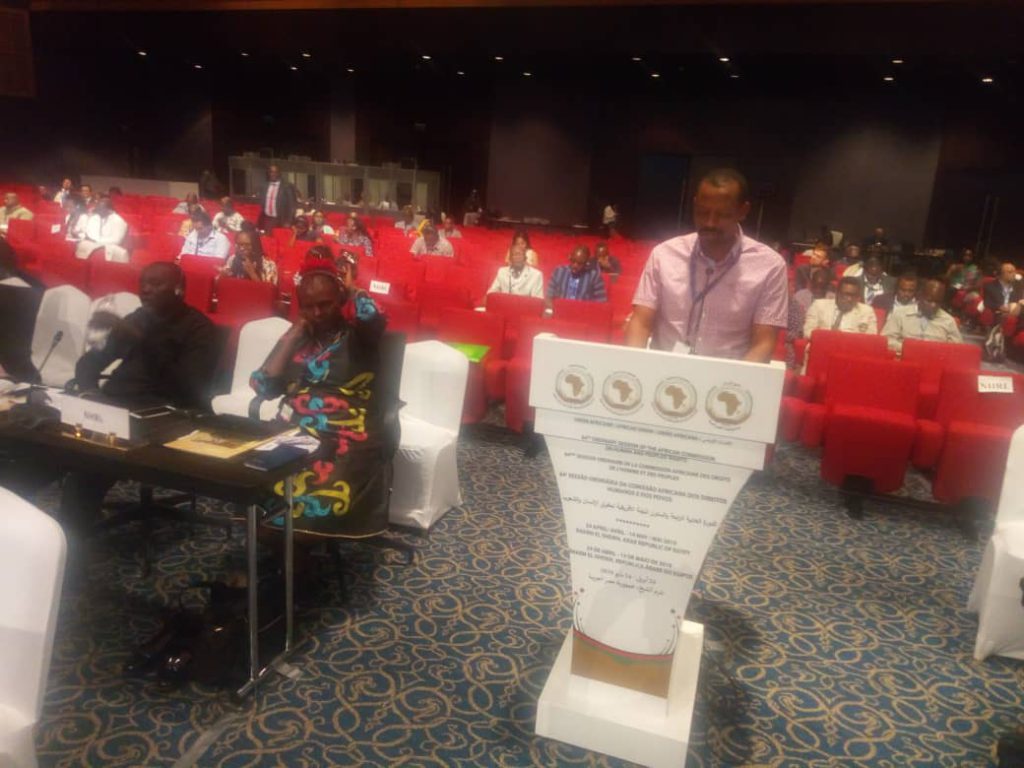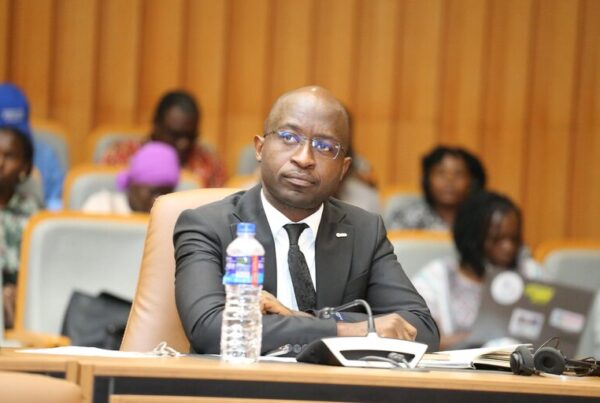Sharm El-Sheikh – Egypt, 25 April 2019:
The migration of populations, whether intracontinental or intercontinental, is a subject of growing concern in the contemporary world. As far as Africa is concerned, media coverage of the migration crisis focuses almost exclusively on relief and shipwrecks in the Mediterranean Sea, which often suggests that African migrants are only heading for Europe. In doing so, migration within the African continent and from Africa to other parts of the world occurs without attracting the attention of the international community, exposing migrants on these routes to human rights violations without scrutiny.
The migration of populations, whether intracontinental or intercontinental, is a subject of growing concern in the contemporary world. As far as Africa is concerned, media coverage of the migration crisis focuses almost exclusively on relief and shipwrecks in the Mediterranean Sea, which often suggests that African migrants are only heading for Europe. In doing so, migration within the African continent and from Africa to other parts of the world occurs without attracting the attention of the international community, exposing migrants on these routes to human rights violations without scrutiny.
The violations suffered by migrants in the various transit countries include discrimination, xenophobia coupled with murder, theft, arbitrary and indefinite detention, torture and other cruel, inhuman and degrading treatment, forced and unpaid labor, sexual exploitation, slavery, lack of access to justice, separation of families, deprivation of the right to health, education, employment, etc. The list of violations grows bigger for migrant children who are in addition victims of abuse, loss of identity, name and nationality, and parental care.

These violations are prohibited by several regional and international treaties including the African Union Convention Governing the Specific Aspects of Refugee Problems in Africa, the 1951 Convention relating to the Status of Refugees, the ECOWAS Protocol on Free Movement, the African Charter on Human and Peoples’ Rights, the African Charter on the Rights and Welfare of the Child, the Maputo Protocol, the 1926 Slavery Convention, and the 1956 Supplementary Convention on the Abolition of Slavery, etc.
Under these treaties, transit States are under an obligation to respect, protect and fulfill the rights of migrants in their territories. These States have a duty to ensure that their agents at all levels, as well as private individuals do not impede the rights of migrants, and that no restrictions of rights not permitted by international standards are imposed on them.
Curiously, the responses to migration crises are not very concerned with the treatment of migrants in transit countries, whereas migrants can stay in their territory for a longer period of time. Attention is almost exclusively focused on factors pushing people to leave their countries of origin, as well as the treatment of migrants in host countries. That is why IHRDA would like to call on the African Commission on Human and Peoples’ Rights to conduct a holistic study on the phenomenon of migration in Africa and related violations, and to hold a dialogue on the issue with States in order to constantly remind the latter of their duties in the treatment of migrants.



